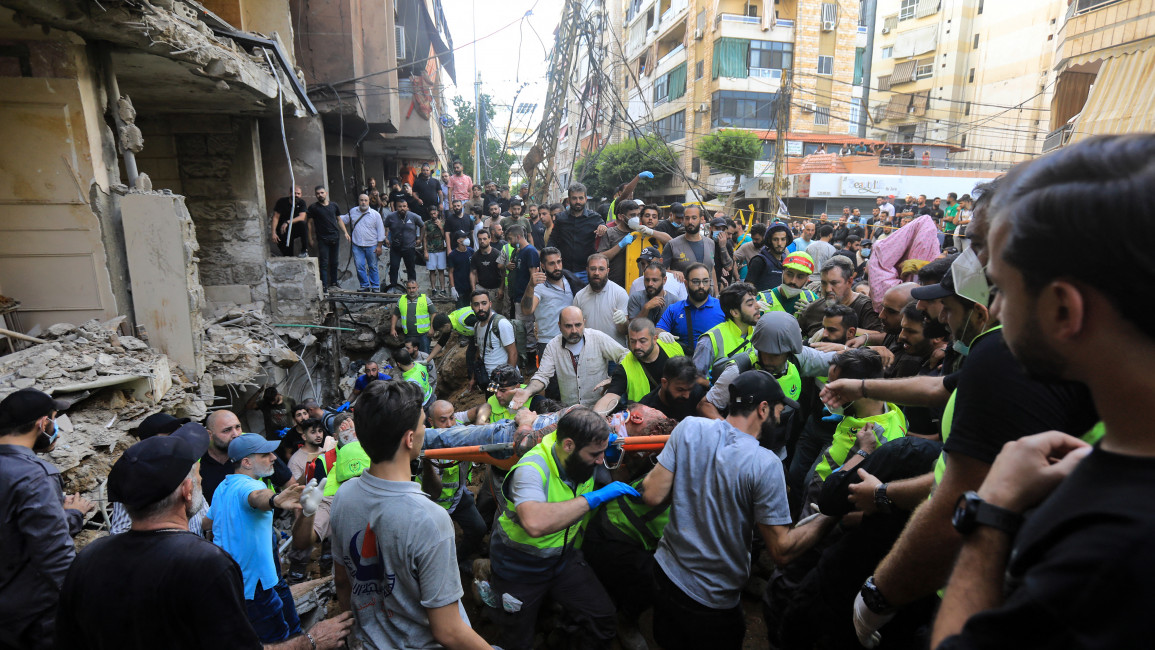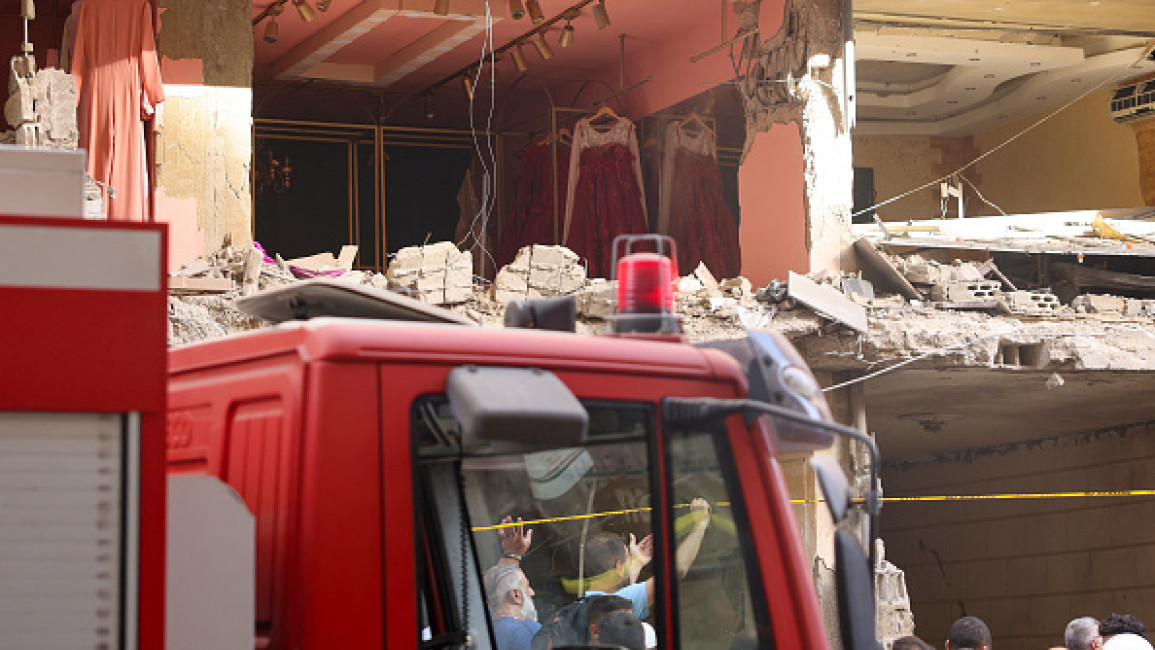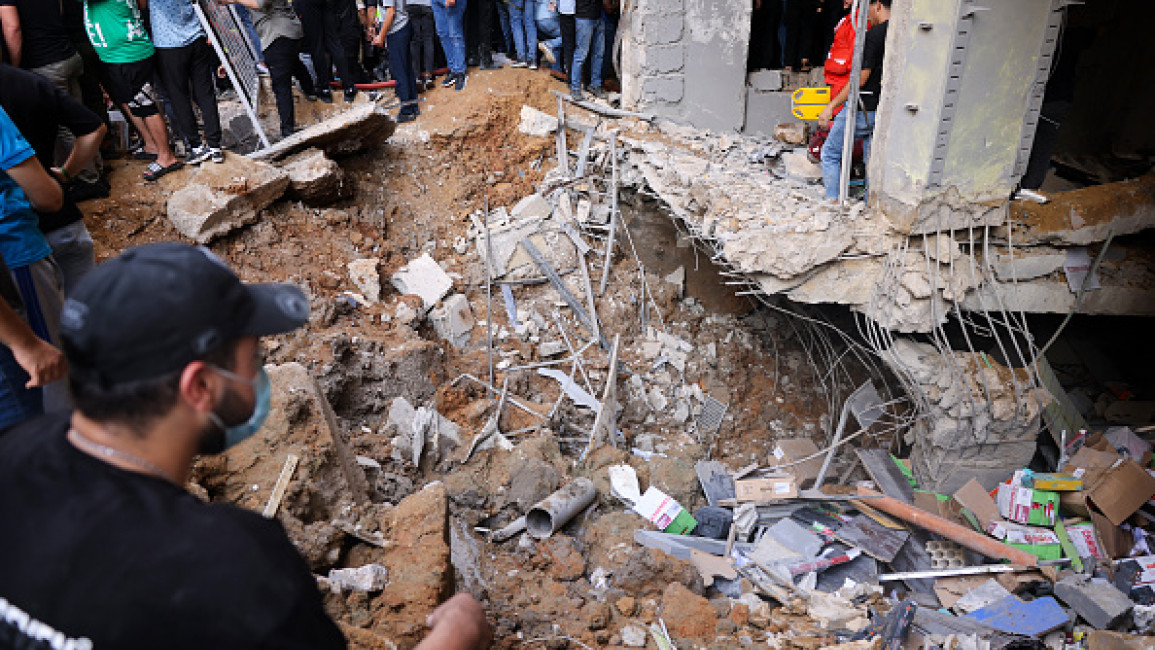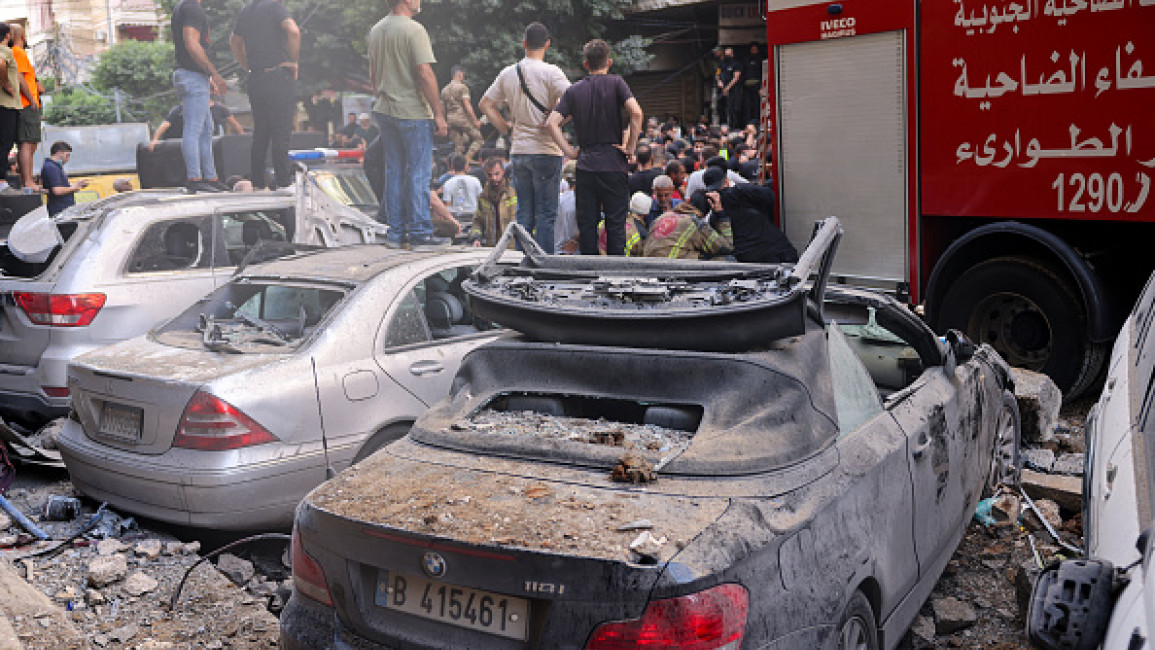Israel strikes south Beirut, Hezbollah figures among dead: What we know so far
Beirut was rocked by several Israeli air strikes on Friday afternoon which were reported to have killed a senior Hezbollah figure and at least 14 others and injured more than 60 people.
The Israeli military said the "targeted strike" on south Beirut killed Ibrahim Aqil head of the elite Radwan unit and ten other fighters, though Hezbollah has not yet commented on the reports.
At least three explosions were reported at around 3:45 pm local time in Beirut's southern suburb known as Dahiyeh, according to Lebanese media reports.
The strikes marked a climax in an already violent week in Lebanon following a suspected Israeli espionage attack on Hezbollah's telecommunications network that saw thousands of devices blow up, causing chaos and stoking fear across the small country.
It is the third strike on the capital city since the outbreak of fire between the Iran-aligned Hezbollah group and Israeli forces on 8 October, which was triggered following Israel’s invasion of Gaza.
One strike targeted a building on Jamous Street in al-Qaem neighbourhood in an area where Hezbollah is known to have offices.
Dahiyeh is also a dense residential and commercial district, home to Shia and Sunni Muslim families, as well as migrants and Palestinian and Syrian refugees.
Video footage from the aftermath of the strikes showed debris and glass strewn across the street, smashed cars and a collapsed façade of what looked like a residential building. Smoke could be seen rising over Beirut’s skyline hours later.
Lebanese civil defence said its rescue teams were searching for survivors under collapsed buildings in Jamous with the Lebanese army deployed and erecting barricades around the disaster zones.
Senior Hezbollah commander reportedly killed
News agency AFP, citing sources close to Shia militia group Hezbollah, reported that Aqil, a senior figure of the special forces Radwan Unit, was killed. Aqil was a close associate of top Hezbollah commander Fuad Shukr who was killed in an Israeli drone strike on 30 July in Beirut’s suburbs.
Aqil was killed alongside other special forces fighters as they were holding a meeting, according to a Lebanese security source cited by Reuters.
He was placed with Shukr on the US sanctions list for his affiliation with Hezbollah and is wanted by Washington for his role in the US embassy bombings in Beirut in 1983.
Hezbollah’s deputy secretary-general Naim Qassem has also been suggested as among the targets.
The group, which also serves as a political party in Lebanon, typically does not comment until it has confirmation of a member’s death.
Children among victims
Lebanon's health ministry said 14 people were killed in the strikes, with some reports saying at least five of them were children. Over 66 people have been injured with the number expected to rise, the ministry said.
Casualties were being taken to Bahman and St George hospitals in Daihyeh and St Therese hospital in Hadath.
The casualties will add further strain to hospitals which have been overwhelmed following the exploding pager and walk-talkie attack on Tuesday and Wednesday which saw nearly 3,000 people suffer serious facial, limb and hand injuries.
Two buildings hit in the strike collapsed over an hour later complicating rescue efforts, Lebanese newspaper L’Orient Today reported.
Tensions at the site of the strikes were reportedly high with local officials not allowing access to some international media over security concerns.
Later on Friday, Hezbollah said it fired Katyusha rockets at what it said was Israel’s main intelligence headquarters in northern Israel "responsible for assassinations".
Lebanese caretaker Prime Minister Najib Mikati had urged the UN to take action against Israel's actions earlier this week following the booby-trap device explosions.
Tensions have reached boiling point between Israel and Hezbollah following dozens of provocations and threats of war.
This week, Israel moved a military unit from Gaza to the northern border as its defence minister said a "new phase" of the war had begun.







 Follow the Middle East's top stories in English at The New Arab on Google News
Follow the Middle East's top stories in English at The New Arab on Google News

![People gathered around the rubble of destroyed houses to search for survivors [Getty]](/sites/default/files/styles/image_330x185/public/2024-11/GettyImages-2184733820.jpg?h=199d8c1f&itok=NiM1LO2f)
